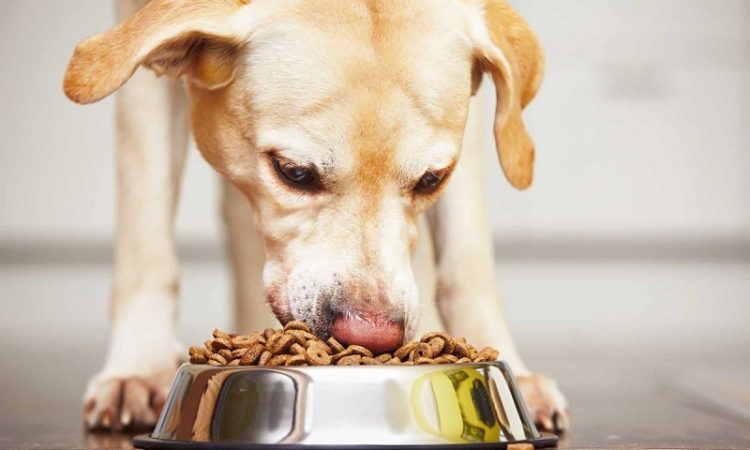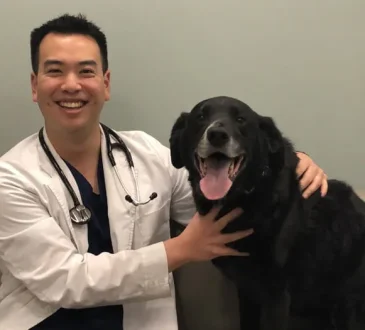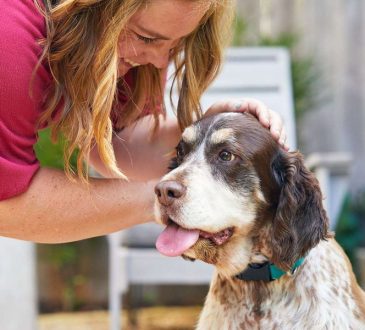
If you own a dog, you probably spend a significant amount of time cleaning up after your pet. Even though the majority of pet owners would rather skip this task entirely, failing to notice their dog’s excrement might result in lost opportunities. Monitoring the time your dog takes to digest food and pass it provides important information about the health of their digestive system. This is why maintaining a tidy yard isn’t the only thing that makes you a poop patrol ace. Here are the things that you need to know about Dog Digestion Time.
Setting Up a Baseline and Recognizing Deviations
Like people, each dog is different when it comes to its digestive system and excretion habits. But you may create your own unique baseline by monitoring your dog’s digesting time over time. This baseline is used as a point of reference to detect any possible intestinal problems. After eating, the majority of healthy dogs typically evacuate waste within 12 hours, while some may take as little as 30 minutes and others as long as a day.
Early Identification of Fundamental Problems
Monitoring the time taken for digestion enables the early identification of any health issues. Changes in evacuation patterns may be a symptom of a number of digestive problems, including food indiscretion, intestinal parasites, and inflammatory bowel disease (IBD). Early detection of these problems is essential for successful treatment and to avoid consequences. For instance, a hallmark of parvovirus, which is very common and may be deadly in unvaccinated pups, might be your dog’s regular, bloody diarrhea and severe reduction in digesting time. Early detection of this symptom may save your dog’s life by enabling timely medical care.
Maximizing Nutrition and Exercise
You may improve your dog’s food and routine by being aware of their digesting time. For example, if your dog often has trouble going to the bathroom, it may be a sign that they need to eat more fiber. Fiber facilitates a smoother transit through the digestive tract and helps give feces more volume. In a similar vein, it may indicate that your dog is not getting enough nutrients from their meal if they poop out of their mouth very soon after eating. It might be helpful to speak with a veterinarian about changing their diet or portion sizes. You may also create a regular walking plan that corresponds with your dog’s elimination demands by keeping note of the amount of time it takes for digesting. This keeps everyone’s living space tidy and lowers the possibility of mishaps occurring at home.
Conclusion
Thus, the next time you’re on poop patrol duty, be sure to observe the timing in addition to cleaning up. Although monitoring your dog’s digestion time may seem straightforward, it may be a very effective way to protect both their general health and digestive system.




